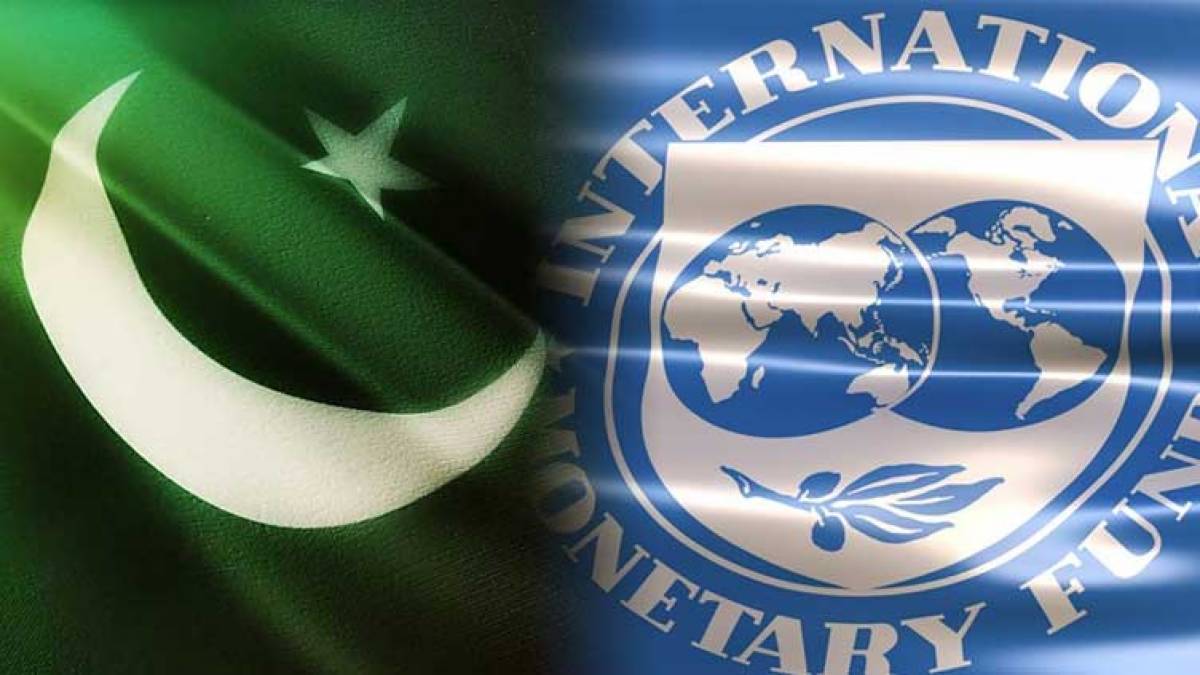Islamabad, 28 May 2025: The International Monetary Fund (IMF) has projected that ‘Single-Digit Inflation’ will define Pakistan’s economic landscape in the current fiscal year, estimating a modest inflation rate of 5.6%
The Fund expects this downward trend to continue, forecasting an average rate of 7.7% for the 2025–26 financial year.
Over the following three years from 2026–27 to 2028–29 inflation is predicted to hover around 6.5%, reinforcing the expectation of ‘Single-Digit Inflation’ over the long term.
Previous Highs Give Way to a New Normal
This projection marks a significant shift from the steep inflation seen in earlier years. The IMF highlighted that Pakistan recorded inflation at 23.4% during 2023–24 and an even higher 29.2% the year before.
READ MORE: IMF Rejects Key Budget Targets: What’s Next?
So far, for the first ten months of the current fiscal year, average inflation has reportedly dropped to just 4.73%, suggesting a sharp and sustained cooling of consumer prices.
Officials at the IMF have stated that inflation in 2024–25 is likely to remain below the government’s own target, a development seen as positive for economic stability and public purchasing power.
Budget Talks Hit Snags Over Relief Measures
While the inflation outlook appears encouraging, the IMF’s ongoing negotiations with the Pakistani government have encountered friction.
Talks held last week concluded without a breakthrough, with sources citing key differences over fiscal measures proposed by Prime Minister Shehbaz Sharif’s administration.
In particular, the IMF expressed concerns about plans to introduce further power subsidies for residential consumers.
The Fund also objected to proposals aimed at lowering electricity prices for industries, urging authorities instead to implement timely tariff increases in the next fiscal cycle.
Furthermore, the IMF reiterated its call for a concrete strategy to resolve the country’s ballooning circular debt.
This includes renegotiating agreements with Independent Power Producers (IPPs) to reduce liabilities by approximately Rs348 billion in fiscal year 2026.
Tax Goals Under Pressure
The Federal Board of Revenue (FBR), meanwhile, has requested a revision to its revenue target of Rs14.307 trillion.
According to officials familiar with the discussions, the IMF showed some willingness to adjust this figure, suggesting a range between Rs14.05 trillion and Rs14.1 trillion as a potential compromise.
READ MORE: FBR has 2 Million New Taxpayers Registered
However, the Fund continued to raise concerns about Pakistan’s overall fiscal management. While revenue collection remains conservative, public expenditure is reportedly on the rise a trend the IMF believes could jeopardize the country’s ability to meet its primary budget surplus target, a key condition of its current bailout agreement.
As budget discussions continue and economic reforms remain on the table, the IMF’s outlook on ‘Single-Digit Inflation’ provides a rare note of optimism highlighting what could be a turning point in Pakistan’s economic journey.









